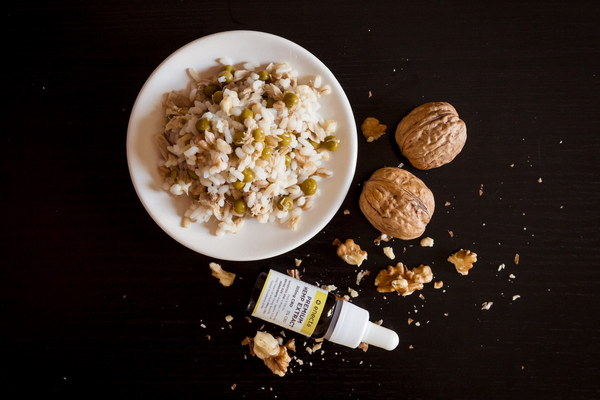Can Sesame Paste Really Help with Kidney Deficiency
Can Sesame Paste Really Help with Kidney Deficiency?
In traditional Chinese medicine (TCM), kidney health is considered crucial to overall well-being, and various foods are believed to have properties that can strengthen the kidneys. One such food that has garnered attention is sesame paste, or tahini. The question on many people's minds is: can sesame paste really help with kidney deficiency? Let's delve into this topic and explore the potential benefits and scientific evidence.
Understanding Kidney Deficiency in TCM
In TCM, kidney deficiency refers to a condition where the kidneys are believed to be weakened, leading to a range of symptoms such as fatigue, weakness, back pain, and sexual dysfunction. It is thought that the kidneys are responsible for storing essence (Jing), which is the fundamental substance of the body that is essential for growth, development, and reproduction.
Sesame Paste: A Traditional Remedy
Sesame paste, made from ground sesame seeds, has been used for centuries in various culinary traditions, particularly in Chinese and Middle Eastern cuisines. In TCM, sesame seeds and their derivatives are believed to have a number of health benefits, including:
1. Strengthening the Kidneys: Sesame paste is considered a kidney-nourishing food, believed to help replenish the essence and improve kidney function.
2. Improving Bone Health: Sesame seeds are rich in calcium and other minerals, which are important for bone health and are believed to help strengthen the bones and alleviate back pain associated with kidney deficiency.

3. Enhancing Sexual Function: Traditional Chinese medicine attributes sexual vitality to the kidneys, and sesame paste is thought to enhance sexual function and improve fertility.
Scientific Evidence
While traditional beliefs about sesame paste's benefits are widespread, there is limited scientific evidence to support these claims. However, some studies have explored the potential health benefits of sesame paste and sesame seeds:
1. Calcium and Phosphorus: Sesame seeds are indeed rich in calcium and phosphorus, which are important for bone health. Consuming sesame paste can contribute to these essential nutrients in the diet.
2. Antioxidants: Sesame seeds contain antioxidants, such as sesamin and sesamolin, which may have anti-inflammatory and cardiovascular benefits.
3. Fiber: Sesame paste is high in fiber, which can help with digestion and may contribute to overall gut health.
How to Incorporate Sesame Paste into Your Diet
If you're interested in incorporating sesame paste into your diet to potentially support kidney health, here are some ideas:
1. Dressings and Sauces: Mix sesame paste with olive oil, lemon juice, and spices to create a healthy dressing or sauce for salads or vegetables.
2. Spread: Use it as a spread on whole-grain bread or toast.
3. Marinades: Incorporate it into marinades for meats or tofu to add a nutty flavor.
4. Desserts: Add it to smoothies or as a topping for desserts for a creamy texture and rich flavor.
Conclusion
While there is no conclusive scientific evidence to prove that sesame paste can cure kidney deficiency, incorporating it into a balanced diet can provide various nutrients that are beneficial for overall health, including bone and heart health. It's always best to consult with a healthcare professional or a TCM practitioner before making any significant dietary changes, especially if you have specific health concerns or conditions.









